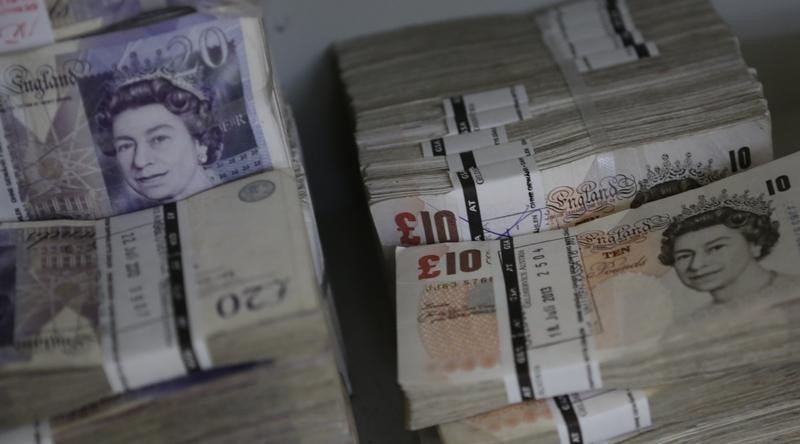By Nigel Stephenson
LONDON - A British vote to leave the European Union could see Frankfurt make a "land grab" for a slice of London-based foreign exchange trade in the euro, the chief investment officer of Columbia Threadneedle Investments EMEA said on Friday.
Britain is due to vote on EU membership in an in-out referendum by the end of 2017 and some analysts have said leaving could threaten London's position as a global financial centre.
"It could be very bad news for the financial services industry because much of forex trade in the euro that takes place here, were we to be outside the zone, I think there would be a land grab and I wouldn't blame Frankfurt for doing that," Mark Burgess told the Reuters Global Investment Outlook Summit.
Some 40 percent of daily turnover in the euro is traded in London, according to Bank of England data.
Looking to investment recommendations for next year, Burgess said a combination of central bank cash and shareholder-friendly actions by companies, including share buybacks and a focus on return on equity, made Japanese stocks the top pick.
Burgess, whose firm has 311 billion pounds of assets under management, said he remained overweight equities in Japan, Europe and in the United States but "very underweight" in the rest of Asia and in emerging markets.
"I still have quite high conviction in the outlook for the Japanese equity market. We do think the combination of a huge amount of QE plus an increasing focus on the shareholder is a very heady cocktail," he said at the summit in Reuters' London office.
The Bank of Japan this week kept its monetary policy unchanged, reiterating a pledge to increase base money at an annual pace of 80 trillion yen through purchases of government bonds and risky assets.
Burgess said that in an environment of low inflation and low interest rates, growth companies could perform extremely well.
"We continue to find companies where we think this growth is going to attract a very high premium," he said.
A key feature of next year would be the difference in monetary conditions in the United States, where interest rates are expected to rise next month, and in most of the rest of the world.
Burgess said he saw the U.S. Federal Reserve raising interest rates by 100 basis points to 1.25 percent by the end of 2017 and that rates would not rise much beyond 2.5-3 percent.
At the same time, European Central Bank, which is widely expected to loosen policy next month, would be focused on keeping the euro down.
Asked how far the euro/dollar exchange rate, now just below $1.07, could go, he said: "I would be very surprised if it didn't go through parity in the next 12 months."
(editing by John Stonestreet) OLGBBUS Reuters UK Online Report Business News 20151120T155718+0000
